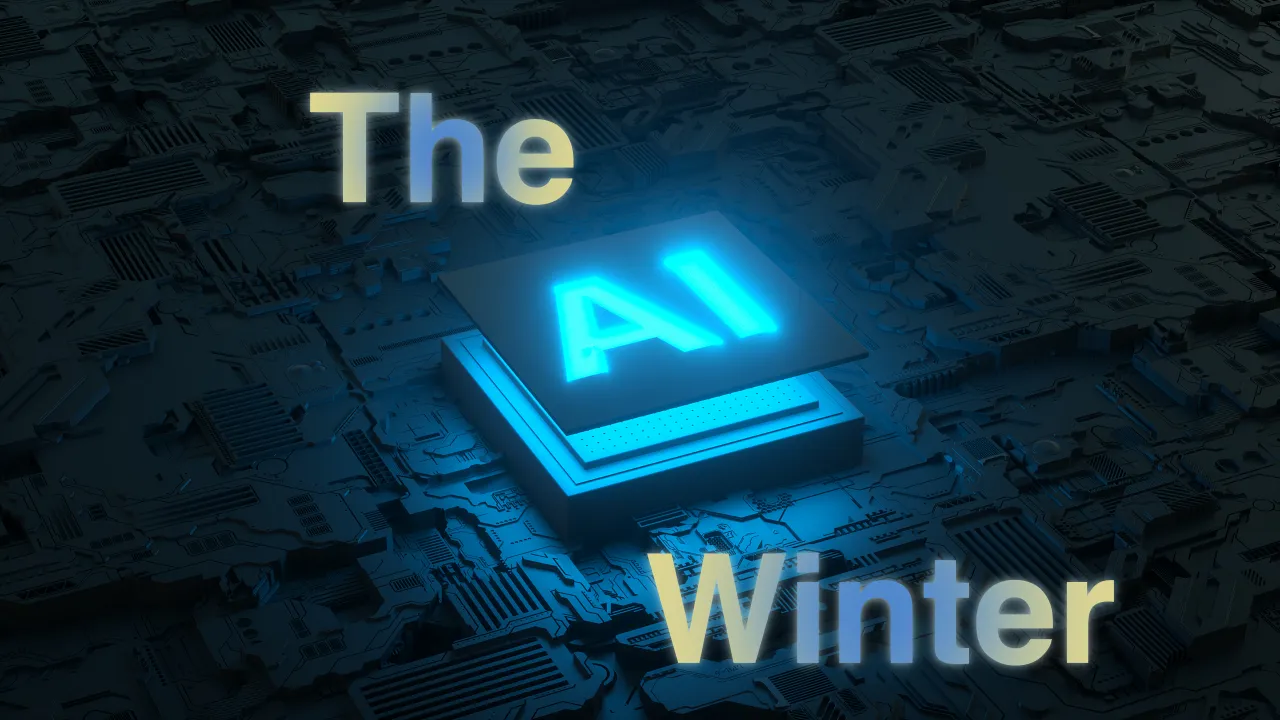· Technology · 3 min read
Does Google's New Willow Quantum Chip Pose a Risk to Encryption
The Willow quantum chip is a remarkable achievement, but it’s not the end of encryption as we know it — at least, not yet.

Quantum computing has long been a topic of fascination and concern. Just a couple days ago Google unveiled its new Willow Quantum Chip, an advanced quantum processor that is taking the tech world by storm. But with all its promises of super-fast computing, there’s a big question hanging over it: does it threaten the encryption systems that keep our digital world safe?
Let’s break this down into simple terms.
What is Encryption and Why Does it Matter?
Encryption is the method of securing digital data. It’s what protects your online banking, emails, and messages. Whether you’re shopping online, chatting with friends, or banking digitally, encryption ensures your data stays private. It works by scrambling information so only authorized people can read it. Modern encryption relies on extremely complex math problems that are easy for regular computers to verify but nearly impossible for them to solve without the right keys. This makes it secure — at least for now.
How Can Quantum Computers Break Encryption?
Regular computers use bits, which are either 0s or 1s, to process information. Quantum computers use qubits, which can be 0, 1, or both at the same time (thanks to quantum mechanics). This allows them to process a huge number of possibilities at once.
Certain algorithms, like Shor’s Algorithm, could theoretically let a quantum computer break popular encryption methods like RSA and ECC. However, for this to happen, the quantum computer would need to be incredibly powerful — far more advanced than what we have today.
Where Does the Willow Quantum Chip Fit In?
Google’s Willow Quantum Chip represents a significant step forward. It’s more stable and efficient than older quantum processors, meaning it can handle more complex tasks with less error. While it’s not yet at the level needed to break encryption, it shows that quantum computing is advancing quickly. This has led experts to worry about the “quantum threat” to current encryption systems.
What Can Be Done to Stay Safe?
The good news is that scientists and engineers are already working on solutions. Here’s what’s being done to prepare:
Post-Quantum Cryptography (PQC) — Researchers are developing new encryption methods designed to resist quantum computers. These methods are being tested and standardized to replace current systems before quantum computers become a real threat.
Quantum Key Distribution (QKD) — This is a futuristic way of sharing encryption keys using quantum particles, making it impossible for anyone to intercept them without being detected.
Planning Ahead — Governments and organizations are urging businesses to start transitioning to quantum-resistant encryption now. This is called being “quantum-ready.”
Should You Worry Today?
For the average person, there’s no immediate danger. Quantum computers like Willow are still in the experimental phase and can’t yet break the encryption protecting your data. However, industries that rely on long-term data security — like healthcare, banking, and defense — need to start preparing now.
What Can You Do?
While the big changes will happen at the government and corporate level, here’s what you can do:
Stay informed about advancements in technology.
Use services and software that prioritize security and regularly update their encryption methods.
Advocate for quantum-safe practices in organizations you trust with your data.
Final Thoughts
Google’s Willow Quantum Chip is a big leap forward in quantum computing, but it’s not a threat to encryption just yet. That said, the quantum future is approaching, and staying ahead of the curve with quantum-resistant encryption will be key to keeping our digital world safe. For now, there’s no need to panic, but there’s every reason to prepare.
By staying informed and embracing new security technologies, we can ensure that the promise of quantum computing doesn’t turn into a threat.



